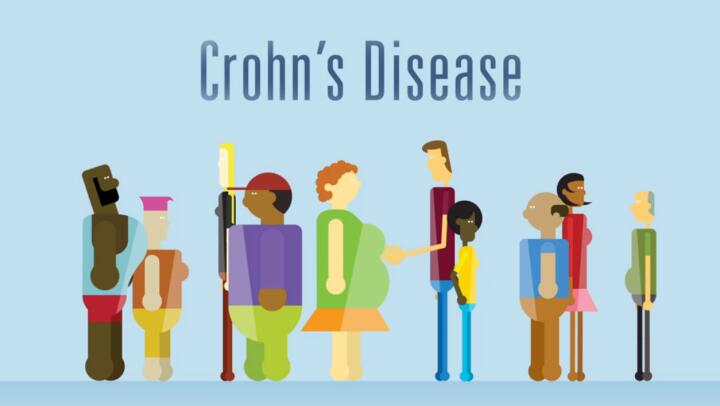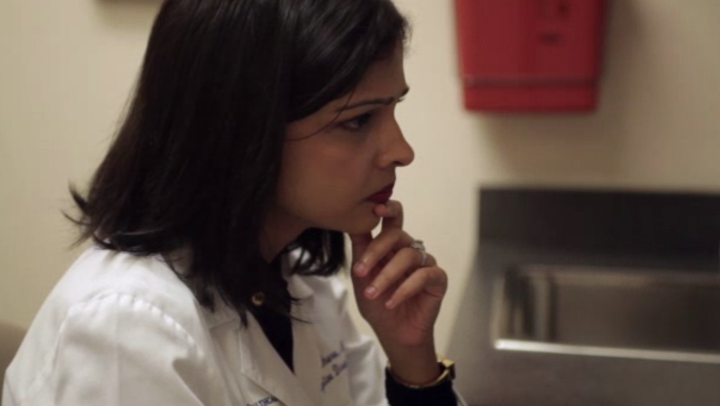
If you have ulcerative colitis (UC), you probably know that the condition affects everyone a little bit differently. Perhaps you deal with fewer symptoms than others with the disease. Or maybe you take different medications. How each person experiences UC—including what symptoms occur and how he or she is treated—depends on the severity of the disease.
Three Categories of UC
In general, UC is separated into three categories of severity: mild, moderate, and severe. It may be helpful to know how doctors characterize your condition, but it isn't always easy to do on your own. For example, how can you tell if your mild colitis is creeping into a more moderate stage? What treatment options can you consider if your condition is categorized as severe?
Tracking Symptoms
The easiest way to determine the severity of your UC is to keep track of how many bowel movements you have each day. For example, people with mild UC have up to four stools a day. Those with moderate forms of the disease have between four and six stools a day. And those with severe ulcerative colitis have more than six daily bowel movements.
No matter how their disease is characterized, most people with UC also have some blood in their stool, which can increase with the severity of the disease. Those with moderate to severe UC may also experience severe diarrhea, nausea, fever, and increased heart rate.
Work with Your Doctor
Some less obvious markers can also help your doctor determine the severity of your disease. For example, blood tests can show a high white blood cell count, which signals inflammation somewhere in the body. They can also detect anemia, which might be caused by bleeding in the rectum or colon.
Regardless of how mild or severe your UC is, it's important to keep your doctor informed of any symptoms you experience. Your symptoms provide vital information that helps your doctor understand how your condition is progressing. That enables him or her to develop a treatment plan that's right for you.
Key Takeaways
- How each person experiences ulcerative colitis—including his or her treatment options—depends on the severity of the disease.
- UC is separated into three categories of severity: mild, moderate, and severe.
- The easiest way to assess severity is to track how many bowel movements you have each day.
- Certain tests can also help your doctor determine the severity of your disease.
























